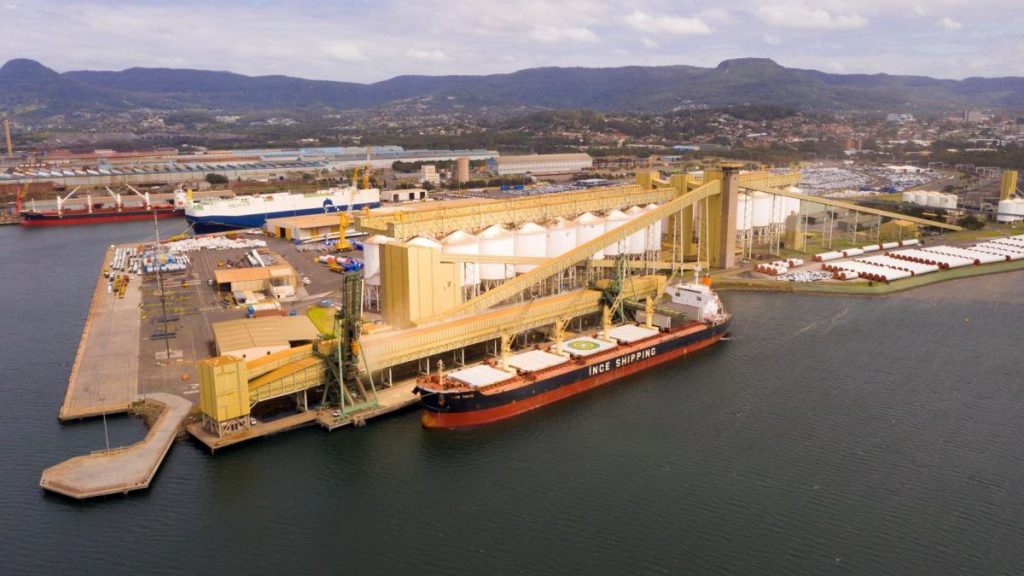Romania plans to help Ukraine export grain through its ports

Romania plans to quickly expand one of its key grain routes from Ukraine to the port of Constanta, as the presence of Russia in the Black Sea that thwarted the “grain deal” adds to the risks to global food trade.
Romania has already facilitated the transit of more than 20 million tons of grain from Ukraine, about half of the total 41 million tons sent through so-called “solidarity routes” since the start of the full-scale Russian invasion, Bloomberg reports.
“Now Romania can open new checkpoints with Ukraine, increase staff at existing checkpoints and bring in the military to speed up the transit of ships through the Danube canals,” the agency writes, citing Romanian Foreign Minister Luminit Odobescu.
The publication recalls that the failure of the Black Sea grain agreement has raised concerns about food security in Africa, where about half of the countries import more than a third of their wheat from Ukraine and Russia, and increased pressure on existing grain supply routes created by the European Union. The Romanian port of Constanta, the largest Black Sea port in the EU, is the best option for Ukrainian companies due to proximity and lower costs.
However, since Romania itself is a major grain exporter, the risk of transshipment is increasing both in ports and on land routes. There are already kilometer-long lines of trucks at existing checkpoints from Ukraine, and dozens of ships on the Danube.
“Despite all this, Romania has increased the capacity of the port of Constanta, modernized and reopened a previously closed railway connection with Ukraine, and is also working to attract badly needed pilots to pilot ships through the Sulina Canal to reach Ukrainian ports on the river,” writes agency.
Already next month, the number of pilots on the riverbed in Romania will gradually increase from about 40 to 60 by attracting the country’s military navy. This will increase the bandwidth of the channel by 50%.
On July 17, 2023, Russia announced its withdrawal from the “grain agreement”, putting world food security at risk. The UN office in Istanbul received a written notification from Russia about this.
Despite the fact that Turkish President Recep Tayyip Erdogan believed that the “grain agreement” would continue to function, on the night of July 19, the Russian Federation attacked grain terminals and port infrastructure in the ports of Odessa and Chernomorsk.
Moscow claims that it will allegedly return to the “grain deal”, but on the condition that its agreements on Russia are implemented. However, the UN offered to fulfill some of its requirements, but the aggressor country refused.
Moscow began to threaten the owners of ships that exported grain from Ukrainian ports. The United States confirmed that Russia could attack civilian ships in the Black Sea involved in the transport of food, and blame Ukraine for this.
At the same time, it is known that ship-owning companies are ready to continue using the Black Sea Corridor for grain supplies, if Ukraine and Turkey agree to this.
In addition, Ukraine has an alternative plan to continue exporting agricultural products. It is about expanding the capacity of the Danube region and increasing the transshipment possibilities there. In addition, the commissioning of additional crossing points and dry ports on the western border with Poland and Romania continues.
Write to us
Our manager will contact you soon



